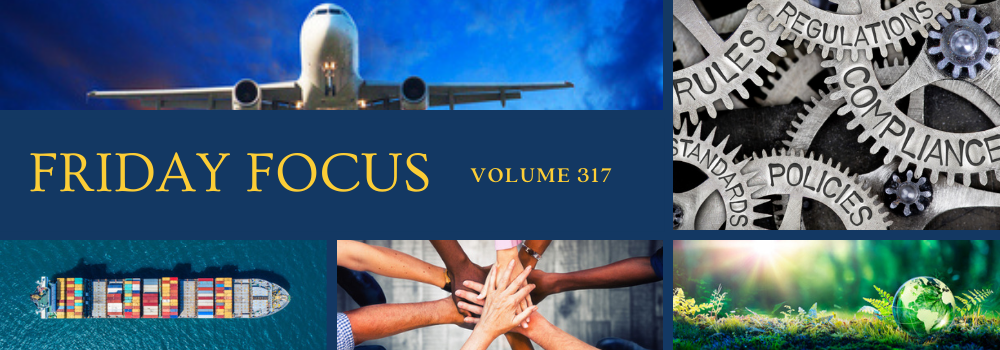Developed countries of the world are reneging on free trade in the name of climate change, says a new analysis and the subject of its latest cover story by Down To Earth (DTE) magazine.
Armed with massive subsidies and tariffs, the US and EU are leading this trend towards protectionism. This may change the global trade system as we know it.
Avantika Goswami, the writer of the DTE report and programme manager for climate change at the New Delhi-based think tank Centre for Science and Environment (CSE), said:
In the race to build low-carbon economies, countries are introducing policies to speed up the transition from fossil fuels, promote manufacturing of clean energy technologies and decarbonise industries. On the face of it, this race appears to be part of the global effort to cut greenhouse gas emissions. But they have also sparked fears of trade wars, as governments on the pretext of climate action try to reshore green industries and dominate the global supply chain of goods and technologies essential to avert a climate catastrophe.
CSE, which helps publish DTE, recently organised an international webinar on the subject, which was addressed by Rob Davies, former minister of trade and industry in South Africa; Paul Butarbutar, executive director, Indonesia Centre for Renewable Energy Studies; Katie Gallogly-Swan, economic affairs officer, UNCTAD; Apratim Sahay, senior policy manager, Green New Deal Network; Sunita Narain, director general, CSE and editor of DTE; and Goswami.
A NEW TRADE ORDER
In August 2022, the US passed the Inflation Reduction Act (IRA) — a bill offering about $370 billion in subsidies, mainly through tax credits over 10 years, for renewable energy, electric vehicles, energy-efficient appliances, carbon capture and storage and clean hydrogen.
This has rankled other green technology manufacturing powers like the EU, South Korea and Japan, which fear that their companies may jump ship and expand business in North America.
“Developing countries like India cannot match the IRA’s scale of subsidies. If we take the example of electric vehicles (EVs) in our country, there are three incentive schemes that are offered — the Faster Adoption and Manufacturing of Electric Vehicles (FAME II) with an outlay of Rs 10,000 crore; and two Production-Linked Incentive (PLI) schemes of Rs25,398 crore (automotive sector including EVs) and Rs 18,100 crore (battery storage), respectively,” Goswami said.
There is also the question of access to critical minerals. Prices of minerals in the global market are set by the big players.
China is the biggest buyer today. Once the US enters this race for its own domestic manufacturing on a large scale, India will have to aggressively scale up its EV production to command prices on its own terms.
CSE experts suggest that India should focus on the EV sectors in which it has a ready domestic market — two-wheelers and three-wheelers, which constitute 63 per cent and 34 per cent of the domestic EV market.
It can also become a hub for recycling of spent batteries, which will enable it to recover the processed critical minerals that it is currently lacking.
